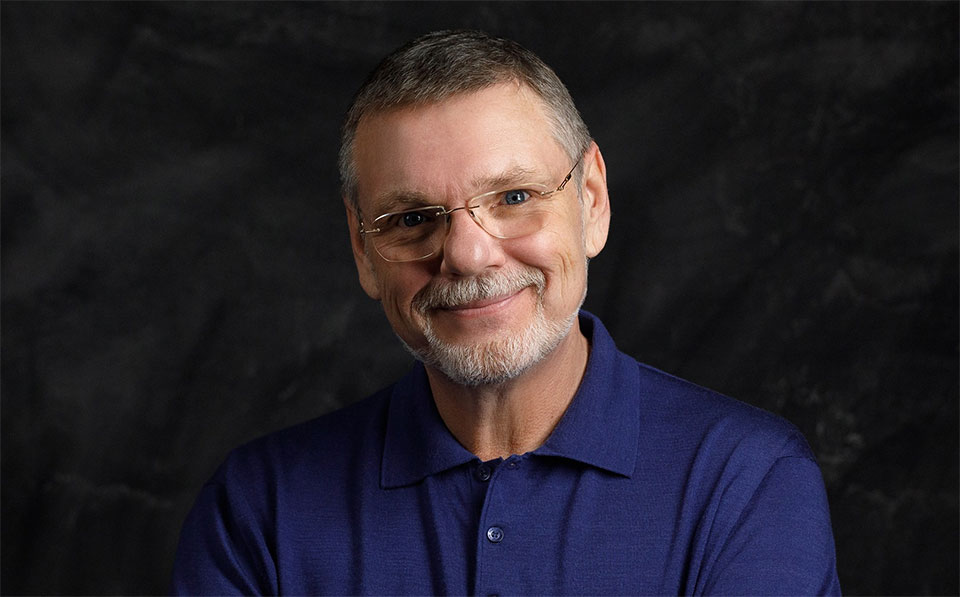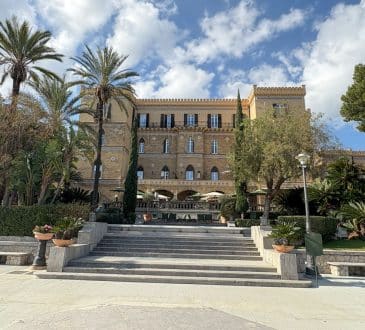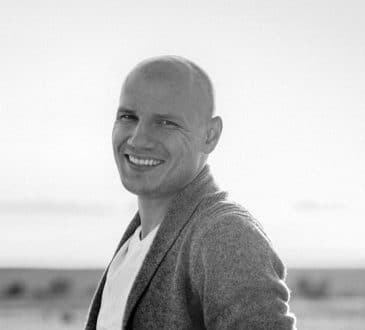The Fifteen Traits of Visionary Leaders

We live in a time of leadership blindness. All leaders claim to have a vision. At best, the vast majority are only pretending. In truth, about 0.1% of business, social, or political leaders actually can be called visionaries or visionary leaders.
What differentiates the true visionary leaders from those who wish to be? Being in a room with global visionaries, I was always amazed at how these people recognize each other. They flock together like birds of a feather. This begs the question – What are the common traits they all share that make them so inspiring and successful?
We all know that they are hardworking, creative, accountable, confident, very self-disciplined, and excellent communicators. They are very good at saying ‘no’ and are exceptional decision-makers. Visionaries’ values are always aligned with their purpose. These traits are fairly obvious.
The most interesting traits though, remain hidden behind the scenes. My recent research revealed fifteen traits that make visionaries strong and successful leaders for the future and are shared by all visionaries:
- In personal or business life, we mainly hear people talk about their problems, often without even being interested in solutions. Visionaries are very different creatures. They talk about solutions, not problems. They thrive by finding solutions to complex issues.
- Visionaries push others up, helping others to realize their highest purpose. They grow by helping others to grow.
- Visionaries see their role as creating more value every moment, every day. Value added is what defines their level of success. Money is secondary, coming as a result of adding value to everything they do. John Spence, one of the top 100 business thought leaders in the world said during his interview to me – ‘the number one thing that drives me every day is helping people keep their businesses very successful.’
- Visionaries have an incredible ability to make an impact in a short amount of time. They are able to open new horizons in just a few phrases. I remember my first conversations with every visionary I ever met as if it were yesterday.
- Visionaries are at peace with change. Rather than resisting it the visionary seeks out and implements the change that will help the most people. What some see as a destructive storm, the visionary sees as something that gives life, watering seeds that will bear fruit in due time. During my research, one of my interviewees, Stuart Crainer, co-founder of Thinkers50 noted – ‘You’re still going to be switched on to the context and be willing to change with it, otherwise you become dangerous.’
- Envisioning the future demands purity of mind. Visionaries use the mind for its primary purpose, for deep thinking and developing ideas. They keep their mind free from irrelevant information rather than polluting it with nonsense. I’ve never seen Martin Lindstrom, #1 Branding expert in the world hanging with his mobile phone around.
- Can you see a difference in the following – being ready to fail and being prepared to start again after a failure? Visionaries are not just prepared to fail. They are willing to start again.
- They know how to win against themselves, against the odds, and against any competitors. They breed winners and celebrate their success.
- Visionaries consciously and unconsciously use a flow formula – humility, plus learning, plus curiosity, plus courage, plus discipline. Humility allows them to admit that there is always something to learn. Garry Ridge, Chairman and CEO of WD-40 Company, explains – ‘I’m a work in progress. My vision statement doesn’t have a period at the end’. This sets a strong willingness and ability to learn and become better every day.
- Passion and optimism help to have a strong hope for success and pursue it till the very end. Once you grasp it, you become addicted to such passion and optimism and the way they affect life and business. Noel Ferguson, founder and Executive Chairman of Institute of One World Leadership, responded during the interview – ‘I must be positive and then my vision becomes positive.’
- Visionaries manage energy, not time. For visionaries, time is not a critical reference point. Rather, energy utilized and value created is more important. No one can leave time as a legacy but the achievement brought about through a visionary’s use of energy can be a legacy for generations. Feyzi Fatehi, CEO of Corent Tech, Inc., explained that ‘the biggest asset or maybe sometimes the only asset we have is our own personal energy. If I have the energy, I would make the time. If I have the energy I would come up with ideas.’
- They have a keen eye for seeing the uniqueness in ordinary things and finding inspiration in everything around them. This allows them to explore the world for themselves and others from very different angles.
- Visionaries are big on simplicity and clarity. They are simple in speech, in life habits, in enjoying life, in interacting with people, even about themselves. Simplicity raised to the level of art defines their exceptionally structured thinking. Marshall Goldsmith, only two-time Thinkers 50 #1 Leadership Thinker in the world and #1 Executive Coach, emphasizes the growing importance of simplicity – ‘I’m a great believer in simple things. If it’s not simple, people don’t remember it. In the new world, people’s attention span is not going up, but down. You have to be able to communicate these simple ideas.’
- Visionaries develop their inner senses to the highest possible level. Their instinct is a very powerful and versatile tool, almost a scientifically precise one. This quality feeds their ability to spot opportunities and ground-breaking ideas even before it can be rationally explained.
- A majority of people consider themselves being as systems which are bound by certain inputs, dependencies, contexts, and predefined capacities. This keeps people from seeing an abundance of opportunities. Visionaries make themselves open systems which interact with the environment and universe and see the abundance of opportunities that already exist. David Katz, founder and CEO of Plastic Bank, supports this notion – ‘Vision is as well abundance. Because the greater we become individually in the eyes of the experience of those who witness us the greater the vision and opportunity comes to life inside of them as well.’
Be a visionary leader
These traits are not necessarily extraordinary. They have the potential to exist in all of us. It is realistic to be a visionary leader if you focus on your vision and value creation for others, not on yourself.
There is only a great gain in adapting these traits. See what you already have in terms of being well developed and what needs improvement, and keep building up. All is in your hands. Start today.
Bring the best of the CEOWORLD magazine's global journalism to audiences in the United States and around the world. - Add CEOWORLD magazine to your Google News feed.
Follow CEOWORLD magazine headlines on: Google News, LinkedIn, Twitter, and Facebook.
Copyright 2025 The CEOWORLD magazine. All rights reserved. This material (and any extract from it) must not be copied, redistributed or placed on any website, without CEOWORLD magazine' prior written consent. For media queries, please contact: info@ceoworld.biz








